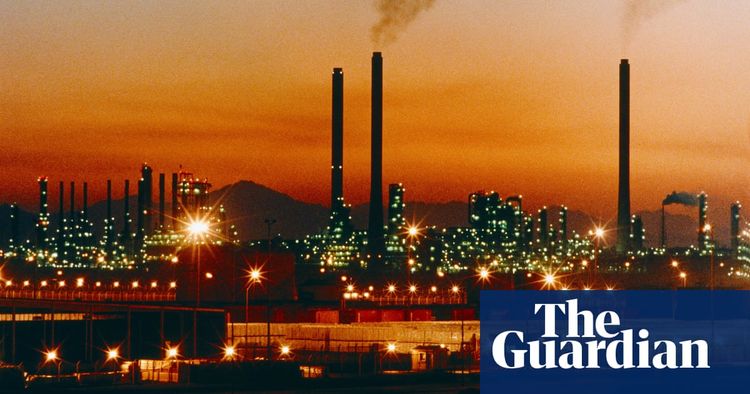Opec+ Extends Oil Output Cuts Into 2024 As Prices Drop

Oil-producing countries in Opec+ have decided to continue reducing production next year. This is happening because of decrease in prices and fear of oversupply.
On Sunday, the oil cartel met in Vienna. The countries in the cartel include big producers Saudi Arabia, Iraq, and Russia. They agreed to reduce oil output by 1.4 million barrels a day.
Sources from Opec+ told Reuters that the group might agree on a "policy rollover" for 2023. Also, they could reduce their output further in 2024 if the new production baselines, used to calculate quotas and cuts, for members were decided.
Saudi Arabia will decrease its output by 500,000 barrels a day. The start date for the cuts is not known yet. It is a voluntary decision.
Opec+ consists of OPEC and Russia's allies. They make 40% of the world's crude oil. So their choices can change oil prices a lot.
The group delayed formal talks for over six hours. This delay was because members were discussing production baselines. But eventually, they came to a deal.
Bloomberg said there was a delay. The delay was because of a fight between the group's biggest members and African countries. They were arguing about how to measure their cuts. This led to side meetings during the discussion between ministers.
Saudi Arabia is leading a group that's attempting to convince countries like Nigeria and Angola to set more reasonable output goals.
Reports said that the United Arab Emirates wanted a bigger baseline. This is to show that their production capacity is increasing.
In April, oil prices went up due to Opec+ reducing production. They said they would lower output by 1m barrels per day, which is 3.7% of global demand. This is in addition to their previous plans to cut 2m barrels per day until late 2023.
Russia decided to continue reducing its oil output by 500,000 barrels per day. The extension will last until the year's end.
Oil prices went up by $9 a barrel after the April announcement. They reached over $87, but then they fell down quickly due to worries about the world's economy and demand. The value of Brent, the global crude standard, was $76 a barrel at the end of last week.
An upcoming Opec meeting is set for November 26th in Vienna.





























































